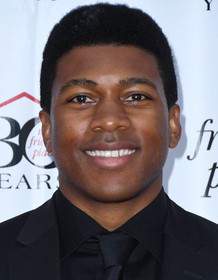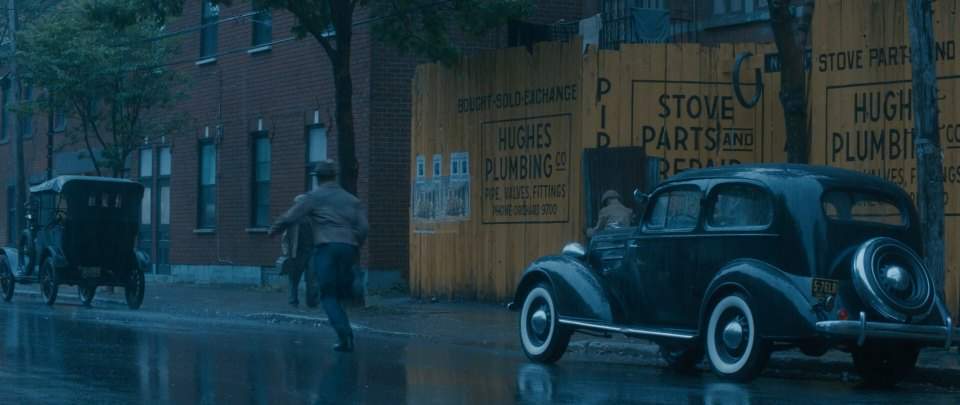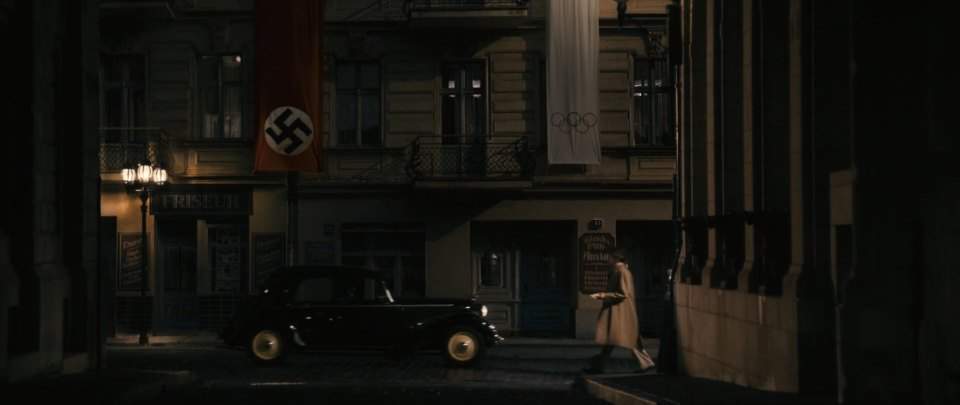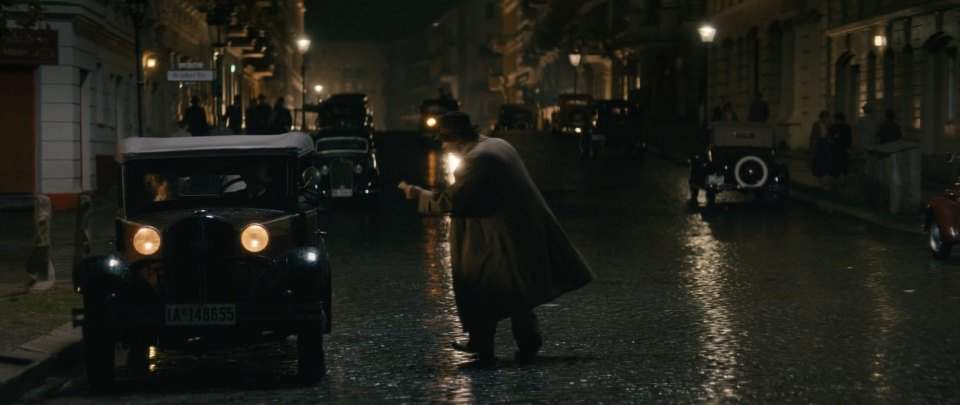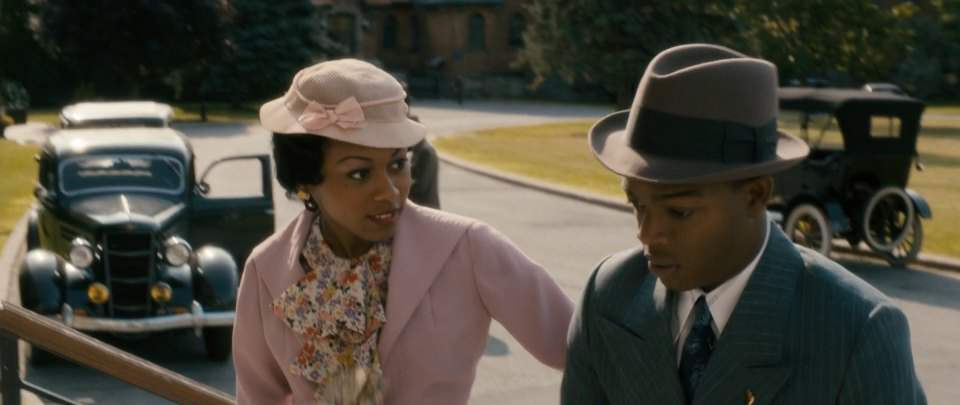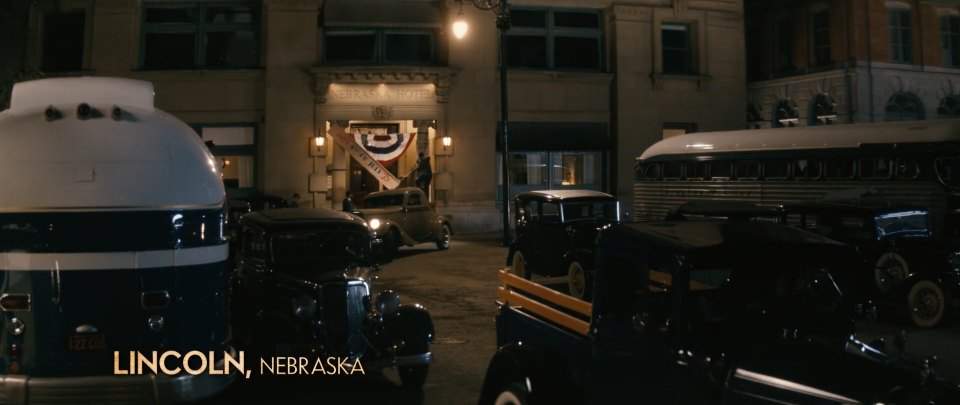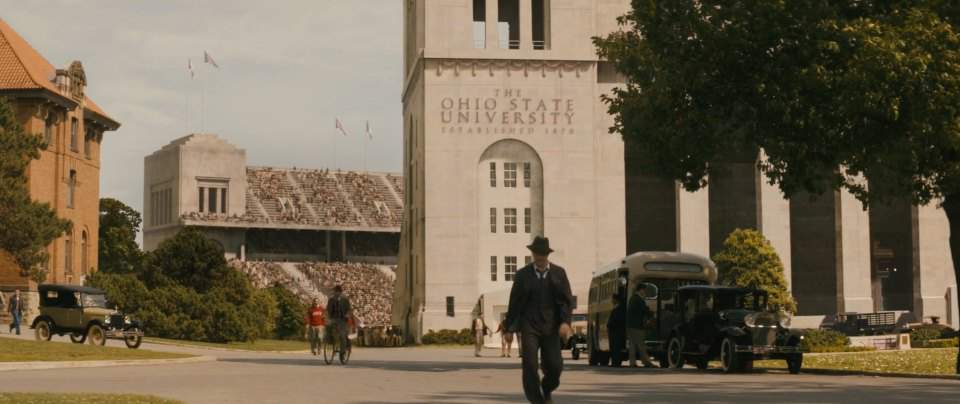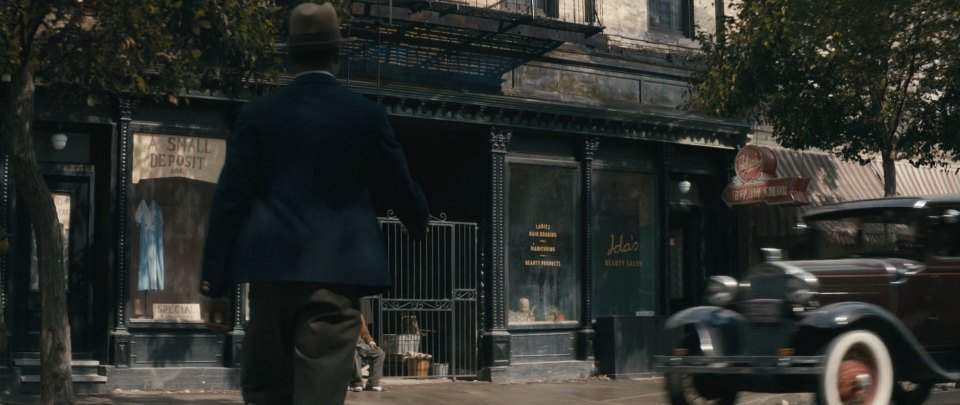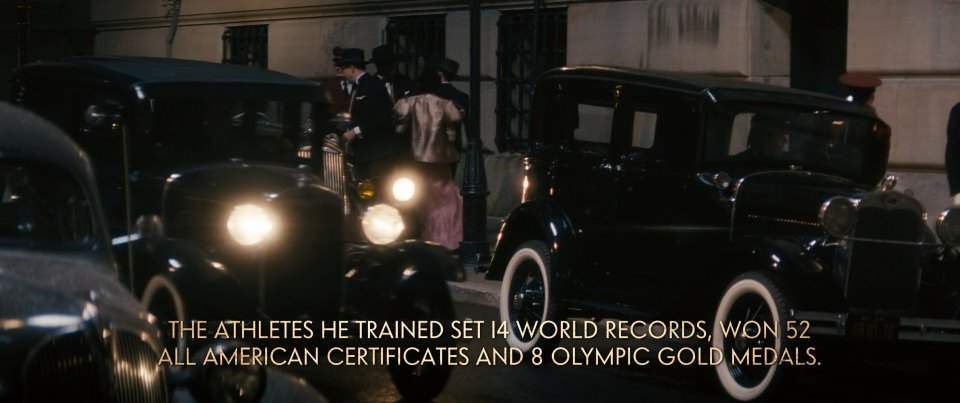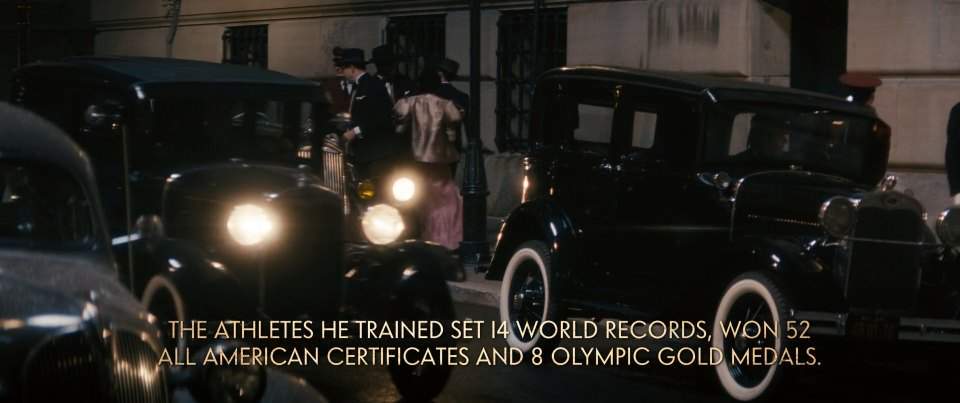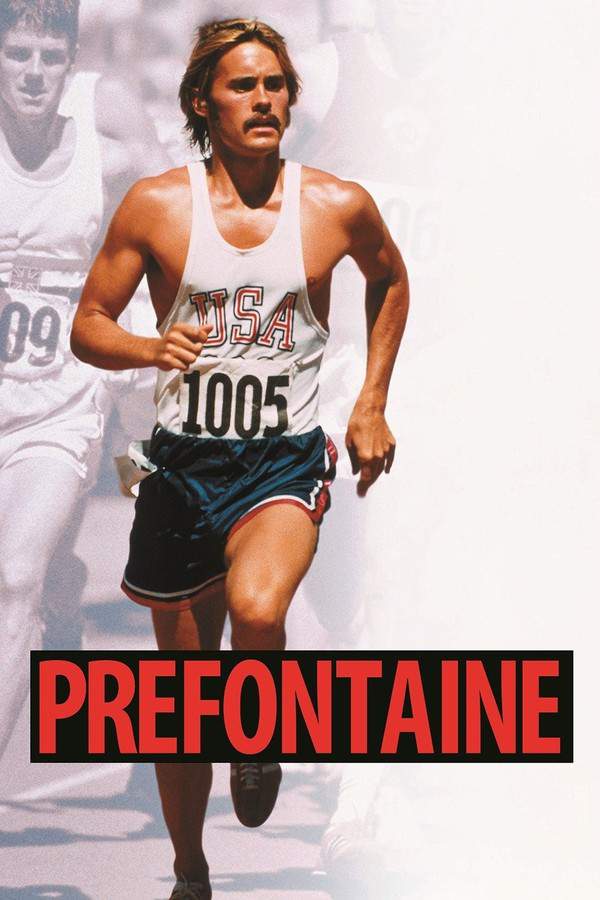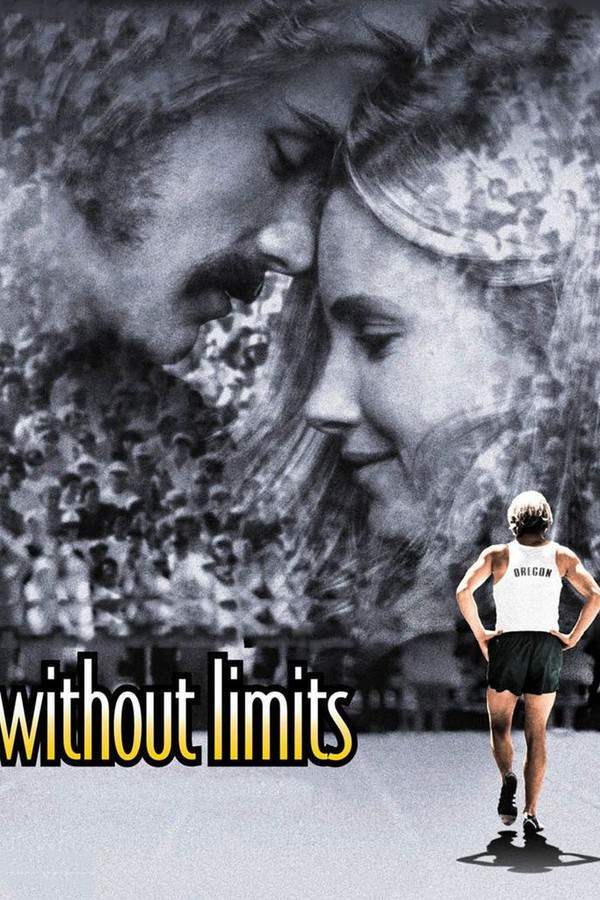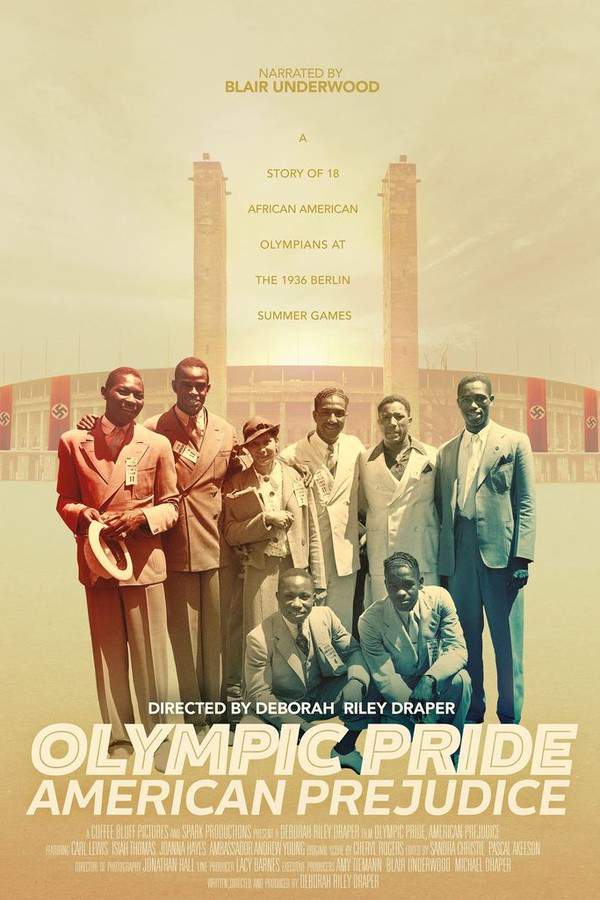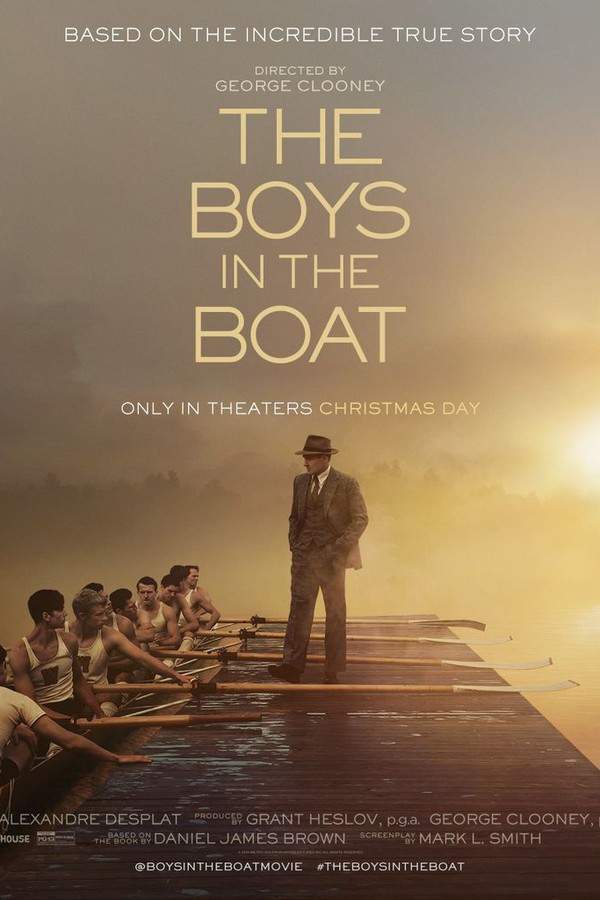Race 2016

Ohio State University track star Jesse Owens, with the guidance of coach Larry Snyder, achieves unprecedented athletic success, breaking records and gaining national recognition. Amidst controversy surrounding the 1936 Berlin Olympics, Owens confronts prejudice both in the United States and in Nazi Germany. He ultimately uses his extraordinary talent to challenge expectations and demonstrate his remarkable abilities on an international stage, inspiring a nation and defying adversity.
Does Race have end credit scenes?
No!
Race does not have end credit scenes. You can leave when the credits roll.
Meet the Full Cast and Actors of Race
Explore the complete cast of Race, including both lead and supporting actors. Learn who plays each character, discover their past roles and achievements, and find out what makes this ensemble cast stand out in the world of film and television.
External Links and Streaming Options
Discover where to watch Race online, including streaming platforms, rental options, and official sources. Compare reviews, ratings, and in-depth movie information across sites like IMDb, TMDb, Wikipedia or Rotten Tomatoes.
Ratings and Reviews for Race
See how Race is rated across major platforms like IMDb, Metacritic, and TMDb. Compare audience scores and critic reviews to understand where Race stands among top-rated movies in its genre.

56
Metascore
6.4
User Score


63%
TOMATOMETER

77%
User Score

7.1 /10
IMDb Rating

73
%
User Score

3.3
From 37 fan ratings

3.63/5
From 35 fan ratings
Take the Ultimate Race Movie Quiz
Challenge your knowledge of Race with this fun and interactive movie quiz. Test yourself on key plot points, iconic characters, hidden details, and memorable moments to see how well you really know the film.
Race: A Journey of Determination: Test your knowledge on the inspiring story of Jesse Owens and his path to greatness amidst adversity.
In which city does Jesse Owens begin his journey?
Cleveland
New York
Los Angeles
Berlin
Show hint
Full Plot Summary and Ending Explained for Race
Read the complete plot summary of Race, including all major events, twists, and the full ending explained in detail. Explore key characters, themes, hidden meanings, and everything you need to understand the story from beginning to end.
In the 1930s, a young African American athlete named Jesse Owens navigates the streets of Cleveland, Ohio, filled with aspirations of greatness. As he prepares to leave his childhood home, his mother beams with pride over her son’s achievements and finishes tailoring a new suit coat, insisting he is destined for extraordinary things. While the moment is bittersweet, Jesse gathers his belongings, exchanges heartfelt goodbyes with his father, and slips him a modest envelope containing $2.
Upon arriving at Ohio State University, Jesse and his coach, Larry Snyder, face a barrage of challenges. After a disappointing race meet, Larry is left questioning his future as a coach. In his office, he discovers files of promising athletes, among them Jesse. As Jesse meets his girlfriend, Ruth, while she works at a salon, he reassures her that he will return as a successful man. Their dreams of a future together hinge on Jesse’s ability to secure a scholarship and excel in his track events.
On campus, Jesse, along with his friend Dave, begins training but quickly encounters racial tensions. The hostility from the predominantly white football team forces them into uncomfortable situations, but Jesse perseveres, despite the challenges and the burden of working to support his family. After a chance meeting with Larry, Jesse gains a mentor, who encourages his talent and urges him to focus on the upcoming 1936 Berlin Olympics.
As Jesse trains rigorously, he wrestles with the burden of societal expectations and personal obligations, writing letters to Ruth and sending her money while his commitments weigh heavily on him. The contrasting backdrop of the Nazi regime in Germany is revealed through a US Olympic Committee meeting, where they contemplate boycotting the games amidst rising tensions.
In Berlin, the atmosphere is filled with propaganda and fear, yet Jesse’s competitive spirit thrives as he simultaneously faces and overcomes prejudice during his matches. Helping him navigate this fierce environment are allies like Leni Riefenstahl, who captures the essence of the games—though under the scrutiny of the regime. Jesse astonishes spectators with his talents, breaking records in multiple track events while receiving the wrath of crowds infested with prejudice.
His journey is not without personal trials. As Jesse navigates acceptance and heartache, including his reconciliation with Ruth, he faces the critical moments of making history. The climax arrives at the Olympics, with Jesse not only winning three gold medals but also embodying resilience against the political tension of the time.
After the accolades, however, Jesse finds that his victories come cloaked in bittersweet reality. Upon returning home, despite the triumphs recognized globally, he is met with continued segregation and discrimination, highlighting that the race for equality still looms large.
As we reflect on the events that transpired during this turbulent period, we are reminded of a message highlighting the challenges and triumphs faced, even as Jesse’s legacy as a champion and symbol of hope endures. In the aftermath, Jesse thrives in his family life but remains forever committed to raising awareness about equality and justice, urging future generations to strive for change.
Uncover the Details: Timeline, Characters, Themes, and Beyond!

Coming soon on iOS and Android
The Plot Explained Mobile App
From blockbusters to hidden gems — dive into movie stories anytime, anywhere. Save your favorites, discover plots faster, and never miss a twist again.
Sign up to be the first to know when we launch. Your email stays private — always.
Watch Trailers, Clips & Behind-the-Scenes for Race
Watch official trailers, exclusive clips, cast interviews, and behind-the-scenes footage from Race. Dive deeper into the making of the film, its standout moments, and key production insights.
Cars Featured in Race
Explore all cars featured in Race, including their makes, models, scenes they appear in, and their significance to the plot. A must-read for car enthusiasts and movie buffs alike.
Race Themes and Keywords
Discover the central themes, ideas, and keywords that define the movie’s story, tone, and message. Analyze the film’s deeper meanings, genre influences, and recurring concepts.
Race Other Names and Titles
Explore the various alternative titles, translations, and other names used for Race across different regions and languages. Understand how the film is marketed and recognized worldwide.
Similar Movies To Race You Should Know About
Browse a curated list of movies similar in genre, tone, characters, or story structure. Discover new titles like the one you're watching, perfect for fans of related plots, vibes, or cinematic styles.
Quick Links: Summary, Cast, Ratings, More

What's After the Movie?
Not sure whether to stay after the credits? Find out!
Explore Our Movie Platform
New Movie Releases (2025)
Famous Movie Actors
Top Film Production Studios
Movie Plot Summaries & Endings
Major Movie Awards & Winners
Best Concert Films & Music Documentaries
Movie Collections and Curated Lists
© 2025 What's After the Movie. All rights reserved.






